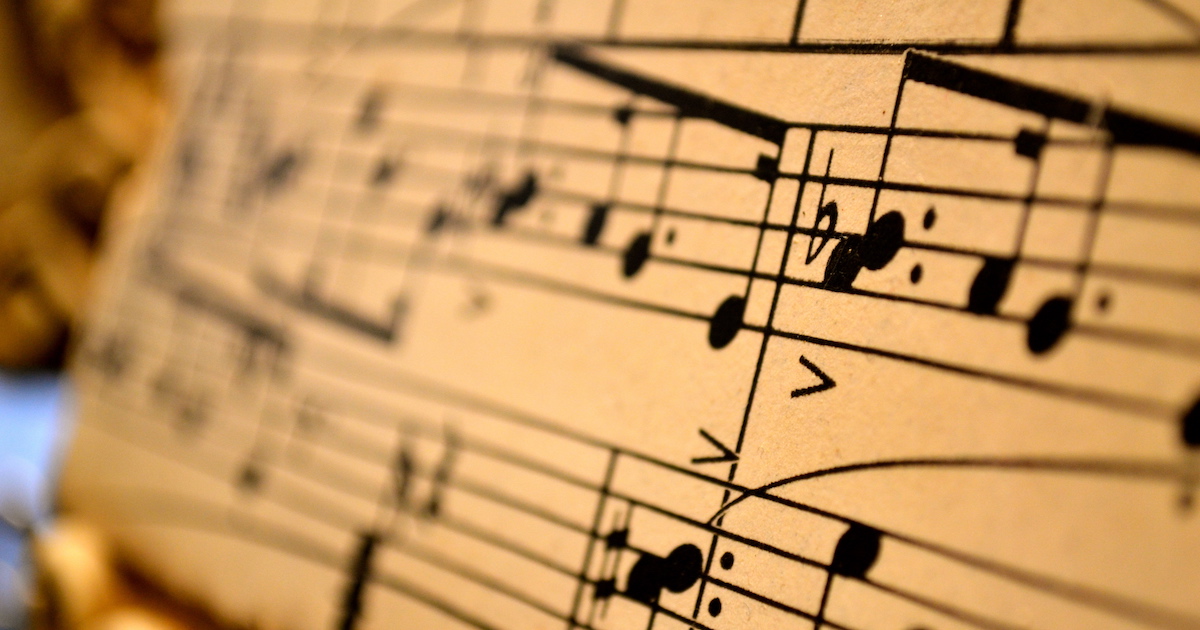From an analysis of more than 145 published articles pertaining to Mozart’s music and epilepsy, researchers from the European College of Neuropsychopharmacology were able to validate its efficiency in reducing seizures.
According to researchers, listening to Mozart correlated with a drastic reduction in epileptic seizures. The positive effects were evident as soon as after only one listening session.
In the past, the implementation of Mozart music for illnesses of the brain has led to experts coining the term the Mozart Effect. “This isn’t the first such review of the effect of Mozart’s music on epilepsy, but there has been a flow of new research in the last few years, so it was time to stand back and look at the overall picture,” said Gianluca Sesso, co-author of the systematic analysis.
“The design of the studies varies, for example some people look at a single listening session, others at daily listening sessions, so it’s not easy to form a conclusion.”
From their findings, researchers were able to determine that the Mozart music studied, particularly involving the use of pianos, may result in an average of up to 66 percent reduction in epileptic seizures.
But despite the findings, the beneficial effects against epileptic seizures as observed in the studies remain poorly understood.
“This review revealed that Mozart music could be an effective non-invasive method of neurostimulation, reducing the frequency of epileptic seizures, even in hard to treat patients. However, in order to use this method in clinical settings, the exact mechanism of the Mozart music effect on the brain regions should be better understood,” Vesta Steibliene, a commentator of the findings, affirmed.


